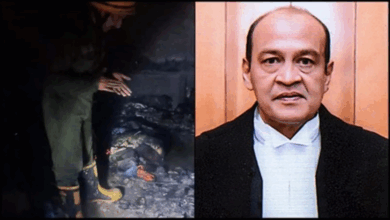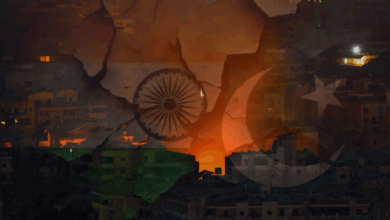
The recent decision by the Modi government to conduct a caste enumeration as part of the upcoming National Census has stirred controversy, with both praise and criticism. While the Congress party, led by Rahul Gandhi, has long advocated for such a survey, the NDA government had previously opposed it. Prime Minister Narendra Modi had publicly stated that the government would focus on uplifting farmers, women, and youth rather than categorizing people by caste.
The caste system in India remains deeply ingrained, despite affirmative actions like reservations for Scheduled Castes (SC), Scheduled Tribes (ST), and Other Backward Classes (OBCs). These measures have had limited impact, and large sections of the population continue to suffer from inequality and discrimination. A caste census could provide crucial data, shedding light on the demographic strengths of these communities and tracking their progress or lack thereof.
However, a caste census alone is not a cure-all for India’s deep-seated inequalities. Political empowerment has often been superficial, with elected representatives from marginalized communities frequently sidelined in legislative bodies. The Congress party, despite its advocacy, has not taken concrete steps in the past to conduct such surveys. The key challenge remains ensuring that the caste census leads to substantive, long-term reforms, rather than becoming a mere political tool for electoral gain.






